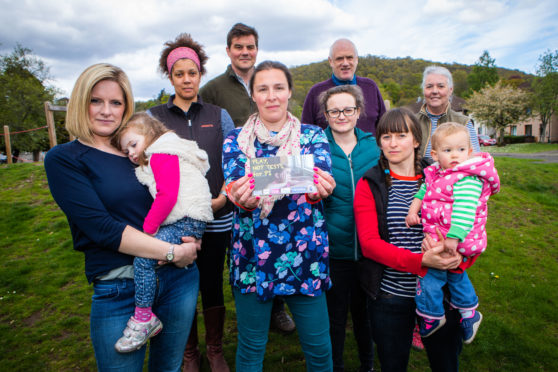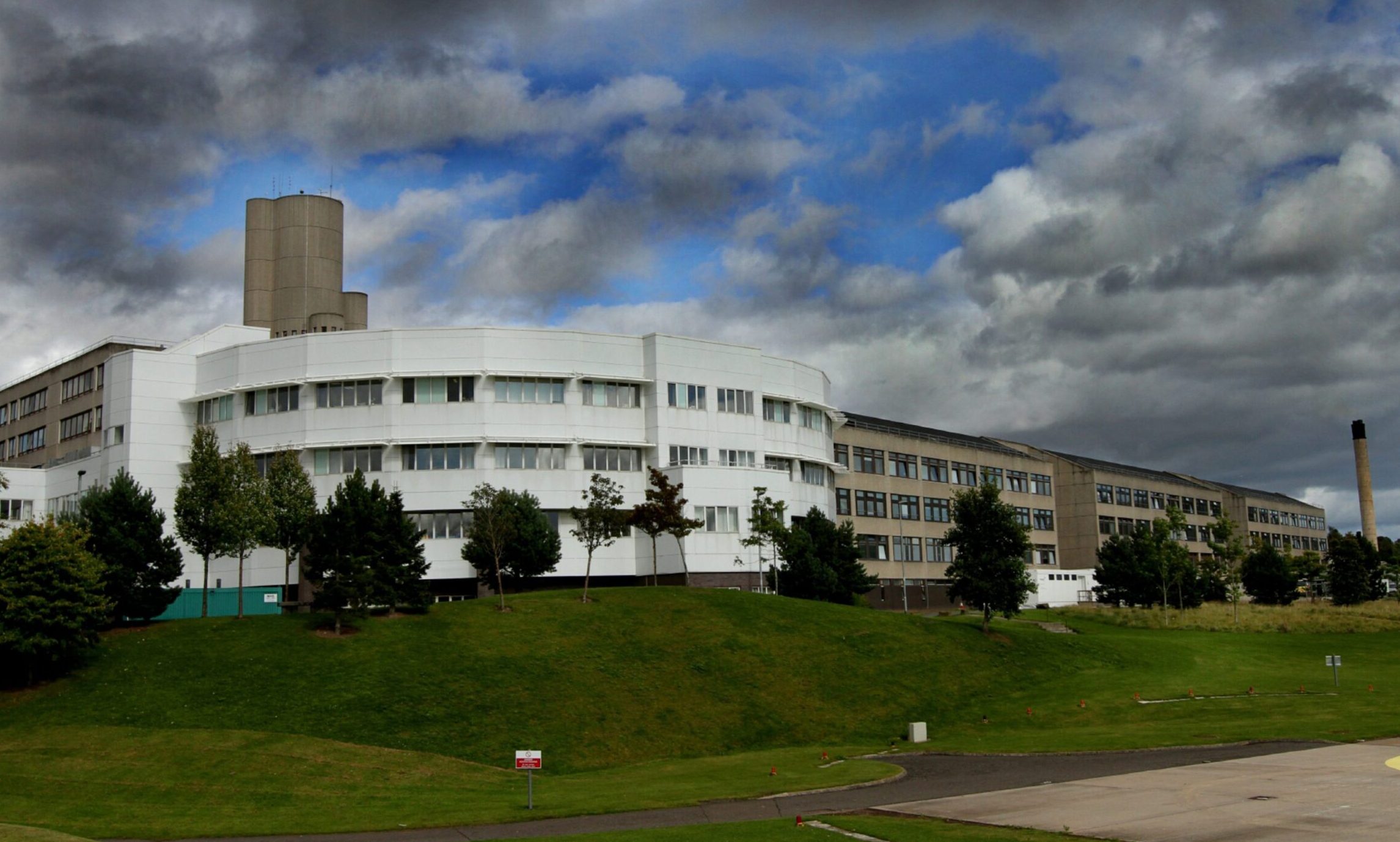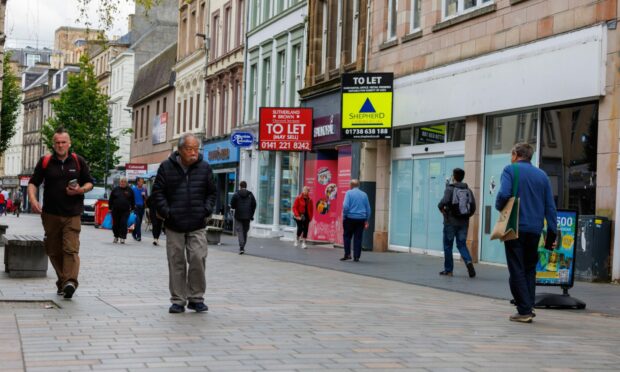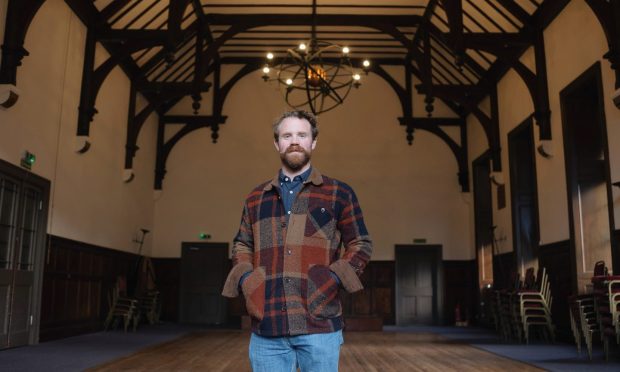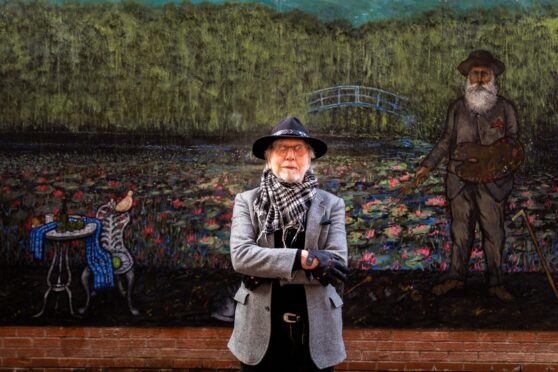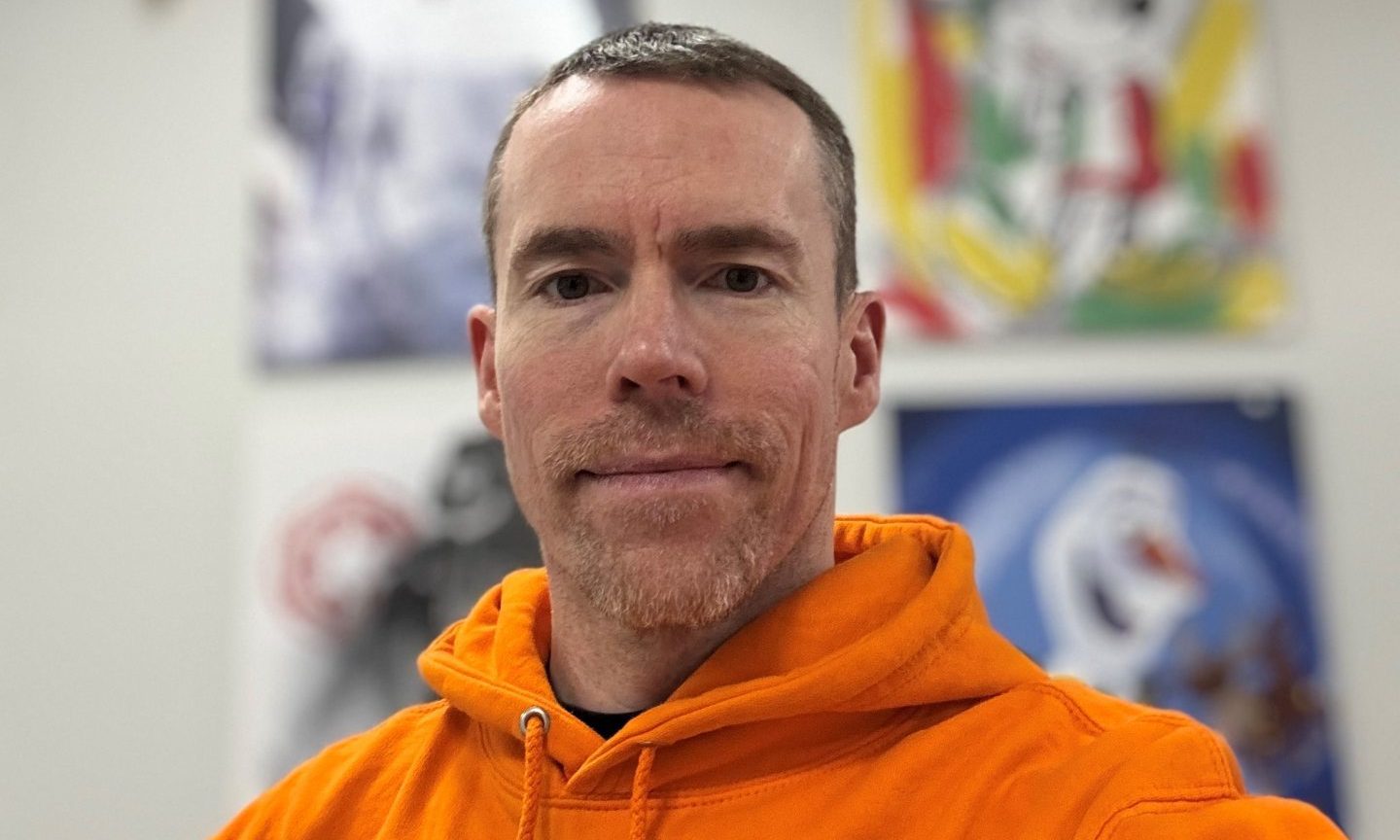A group of rebel parents are not allowing their children to sit the controversial national P1 tests at a Perthshire primary school next week.
The parents of over more than half the P1 children at the Royal School of Dunkeld will refuse to allow their children to take the National Standardised Assessments (SNSA) when they begin at the school on Monday.
The P1 tests have been at the centre of a political row since they were first introduced in 2017 with opposition parties calling for them to be scrapped.
Teachers and parent groups have also opposed the controversial exams which test children as young as four to “identify children’s progress”.
They have been backed by the Scottish Government whose education secretary, John Swinney, is MSP for the North Perthshire area which includes Dunkeld.
Amelia Murray-Lindsay, a mother representing the parent group, said young children should be playing and learning instead of being forced to sit exams.
Amelia said: “We feel like they’re a waste of time and they don’t represent how our children are and won’t be a lot of help.
“We don’t want them to start taking tests when they are only four, it’s a lot of stress to put them under.
“It’s not all about results, it’s about kids having times to enjoy themselves and time to physically evolve and get outside and play and socialise.”
The group, which represents ten of the 19 P1 children at The Royal School of Dunkeld, will still have their children attend school on the days of the exams but will not allow them to participate in the tests.
>> Keep up to date with the latest news with The Courier newsletter
Amelia was keen to stress that their issue was not with the school, which she called “a great wee school” but with the national exams.
She said she hoped more parents would be encouraged to speak up following her group’s protest and that they could enforce a change in the way education is taught in Scotland.
Amelia said: “We want a different scheme altogether.
“We want a fresh take on education for the benefit of society.”
A spokesperson for Perth and Kinross Council said: “The Scottish National Standardised Assessments are administered in schools across Scotland in line with the Scottish Government’s national guidance.
“Any pupils who do not undertake the assessments, as a result of a parental request, should attend school as usual and will be welcomed as normal.”
The Scottish Government said they have commissioned an independent review of P1 assessments to further evaluate how the assessments are working.
A spokesperson for the Scottish Government said: “SNSAs were specifically designed for the Scottish curriculum and should complement core learning.
“Assessments provide teachers with objective, nationally consistent information related to progress in learning, which help them to plan next steps for children.
“The Scottish Government does not prescribe when the standardised assessments should be carried out nor whether the results are available to parents.
“Those decisions are for teachers and schools, in consultation with local authorities.”
